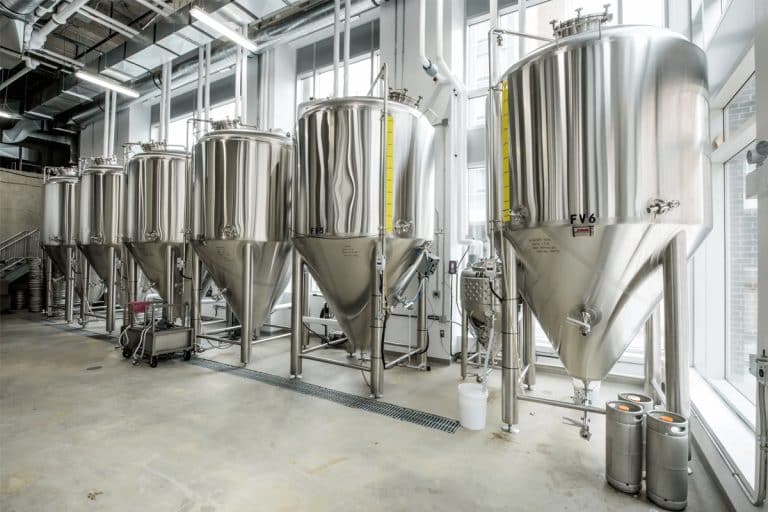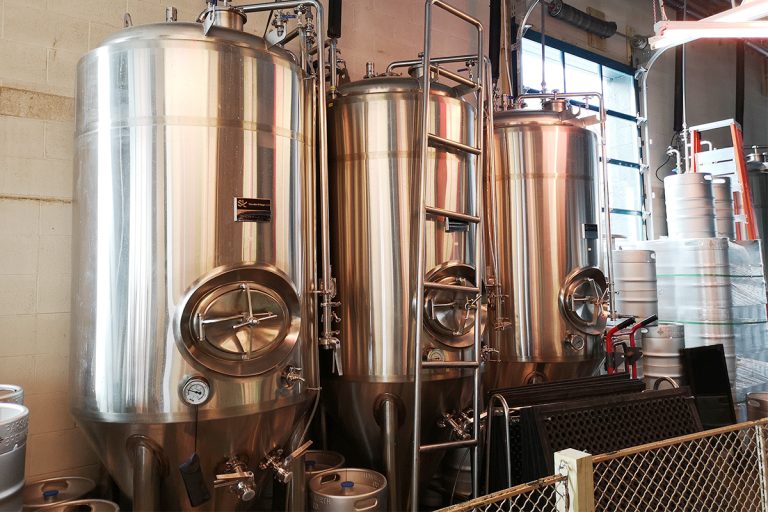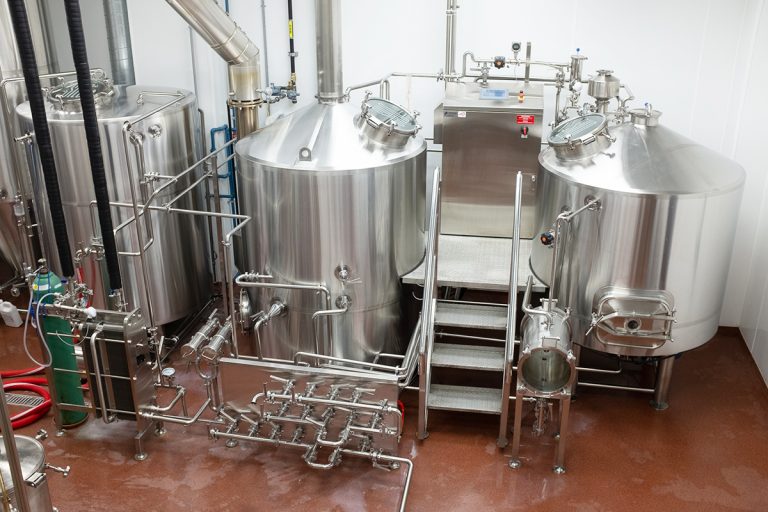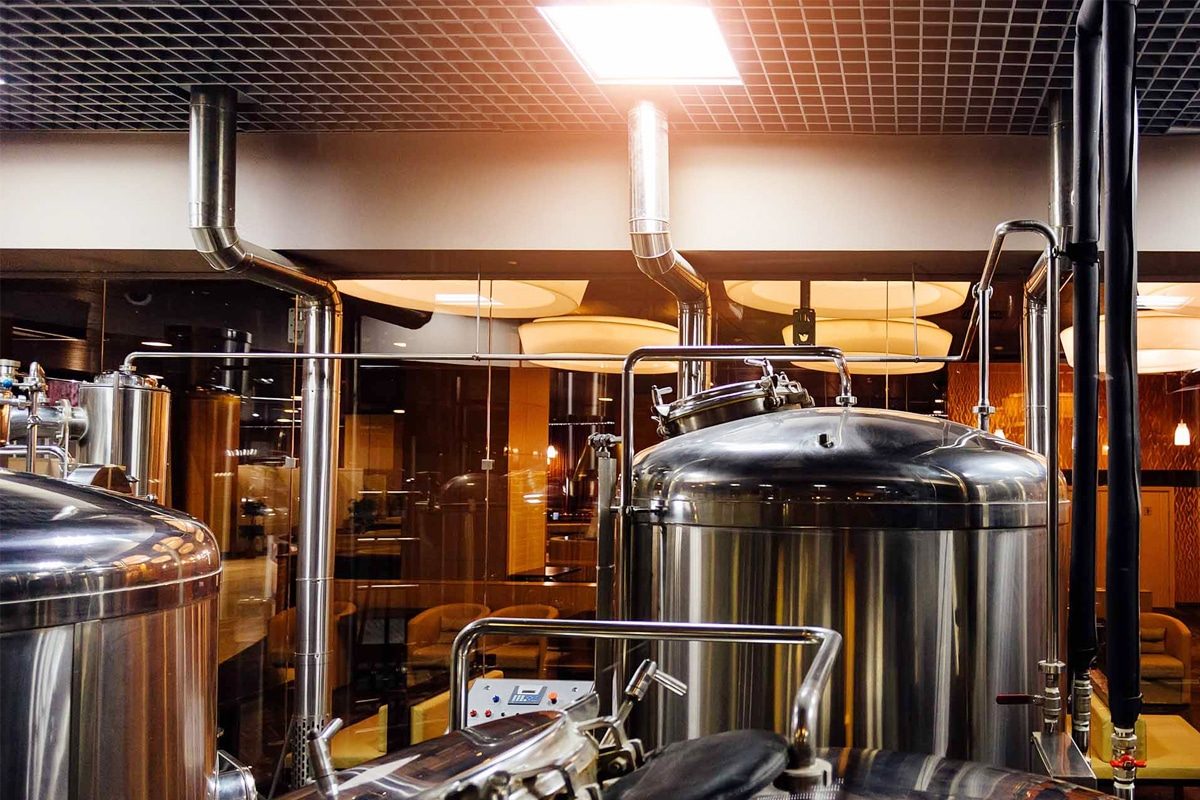
How Does Brewery Equipment Rental Work?
In the dynamic and ever-expanding world of craft beer, the pursuit of creating unique beers often requires the use of specialized equipment. The cost and logistics of acquiring and maintaining a variety of beer equipment can be a significant obstacle for both emerging breweries looking to test their recipes and established breweries exploring new flavors. Enter the world of brewery equipment rental, an innovative solution that not only solves financial problems but also provides flexibility and efficiency in the brewing process.
The brewery equipment rental is a strategic solution that is revolutionizing the industry, providing flexibility, cost-effectiveness, and scalability to breweries of all levels. This innovative approach gives brewers access to best-in-class equipment without heavy initial investment, giving them the freedom to experiment, grow, and thrive in an evolving market. This article takes a deep dive into the intricacies of how brewery equipment rentals work, exploring the benefits, logistics, and considerations breweries consider when brewing the perfect pint. Whether you’re a small craft brewery or a larger enterprise looking to try out new technology, understanding the ins and outs of brewery equipment rentals is key to unlocking the world of beer brewing.
Comprehensive Guide
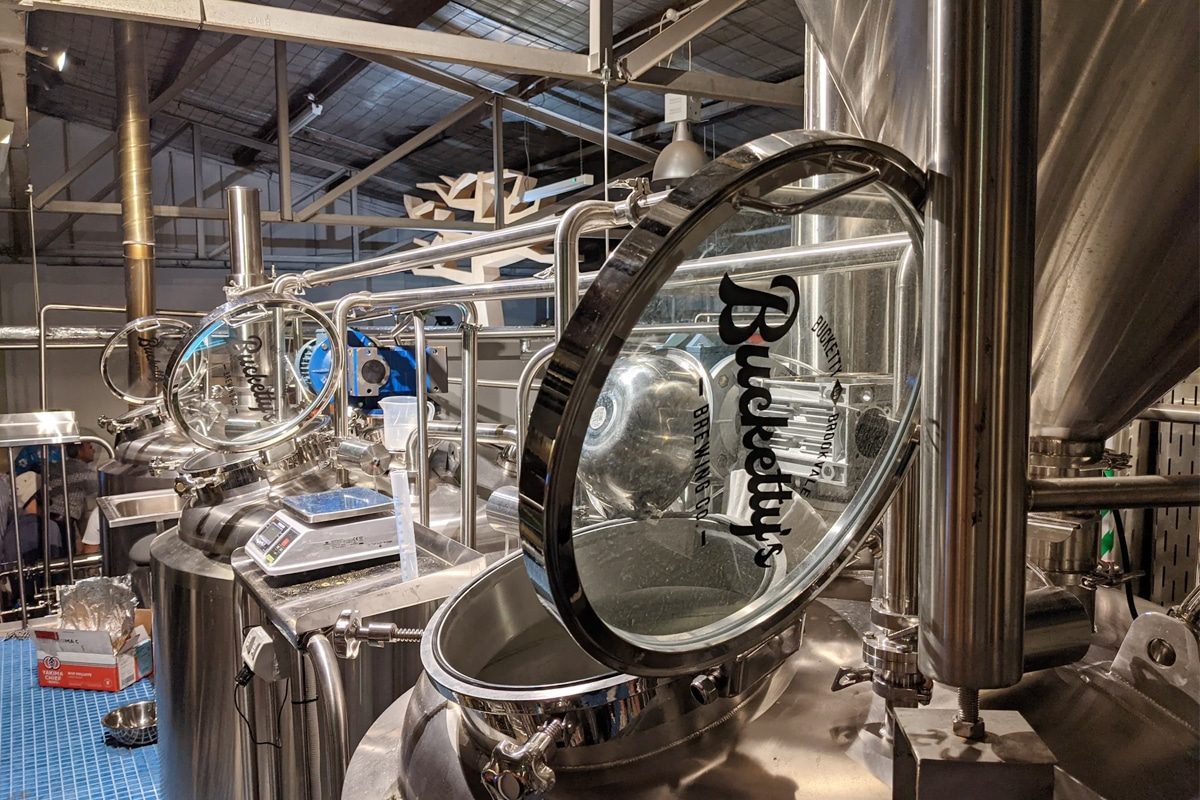
The Basics of Brewery Equipment Rental
The brewery equipment rentals simplify the process of acquiring basic brewing tools without requiring a large initial investment. It involves selecting the necessary equipment, from kettles to fermentation tanks, and hiring a rental provider. A lease agreement outlines terms, fees, and maintenance responsibilities. Rental fees vary based on factors such as equipment type, quantity, and lease term. The supplier takes care of logistics, delivery, and set-up, streamlining the process for the brewery.
Maintenance and support services ensure equipment remains in optimal operating condition throughout the rental period. At the end of the lease, the brewer returns the equipment in good condition according to stated guidelines. The flexibility of brewery equipment leasing allows breweries to expand operations as needed, freeing them from the constraints of fixed equipment ownership. This adaptable approach enables established and emerging breweries to navigate the world of brewing efficiently and cost-effectively.
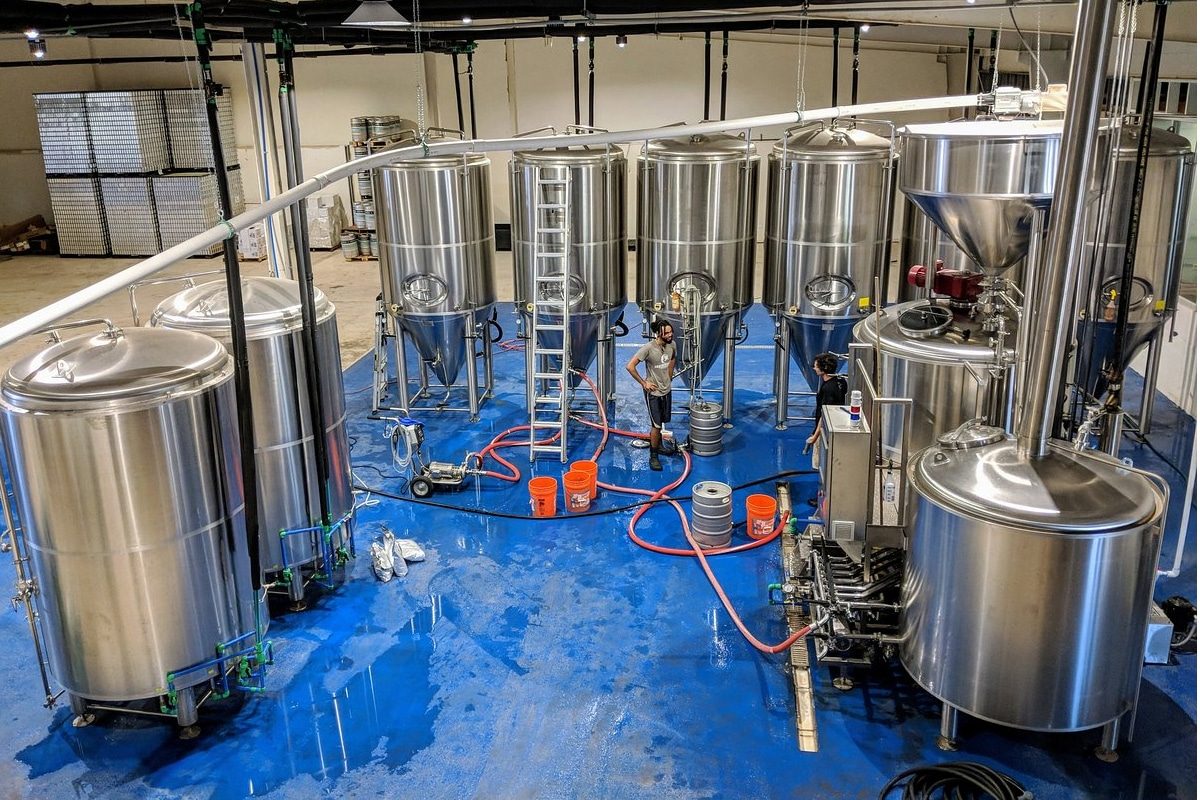
Types of Brewery Equipment Rental
There are many types of brewery equipment rentals, providing breweries with flexibility and options tailored to their specific needs. Here are a few common types of brewery equipment rentals:
Operating Lease
An operating lease is a short-term arrangement. Brewers lease equipment for a specific period of time, usually shorter than the life of the equipment. This lease functions like a lease agreement, allowing the brewery to use the equipment without owning it. At the end of the lease period, the brewer has the option to return the equipment, upgrade to a newer model, or negotiate a purchase. Operating leases typically have lower monthly payments and offer flexibility in upgrading to new equipment.
Capital Lease (Finance Lease)
A capital lease, also known as a finance lease, is a long-term lease similar to equipment ownership. It’s structured so that the brewer bears most of the risks and rewards associated with owning the equipment. While the brewer does not own the equipment during the lease term, capital leases often include a negotiated purchase option that allows the brewer to purchase the equipment at a predetermined price at the end of the lease.
Fair Market Value (FMV) Lease
FMV leasing allows breweries to lease equipment for a predetermined period while giving them the option to purchase the equipment at fair market value at the end of the lease period. This type of lease provides flexibility, allowing the brewery to decide whether to return, upgrade, or purchase the equipment.
Term Tenancy
A periodic tenancy sets a specific term for the tenancy agreement, outlining the term of the tenancy and the terms associated with it. This type of lease provides cost stability and predictability with clear visibility into the financial commitment throughout the lease term. This is beneficial for brewers who want a clear understanding of their financial commitments over the lease term.
Master Lease
A master lease is an overarching agreement that allows a brewery to add or remove equipment under the same lease agreement. This flexibility is advantageous for breweries with changing needs, allowing them to modify their equipment lineups without initiating an entirely new lease agreement.
Upgrade Lease
In a step-by-step lease, the lease payments increase over time. This structure is consistent with the expected increase in productivity or revenue generated by the equipment. Step-by-step leases are suitable for breweries that anticipate business growth and can better match payment plans with increased cash flow.
Seasonal Rental
Seasonal rentals are designed for breweries with fluctuating production cycles. The rental model allows breweries to adjust equipment usage and payments based on changing production needs, optimizing costs during peak and off-season periods.
Skip Payment Lease
Skip payment leases give breweries the option to skip certain payments during a specified period. This arrangement enhances cash flow flexibility, allowing breweries to manage payments when volumes are lower or finances are tight. Typically, skipped payments are added to the end of the lease.
Understanding the intricacies of each type of brewery equipment rental helps breweries make informed decisions based on their financial goals, production requirements, and long-term business plans. Each lease type offers unique advantages, allowing brewers to tailor financing to meet their unique operational needs.
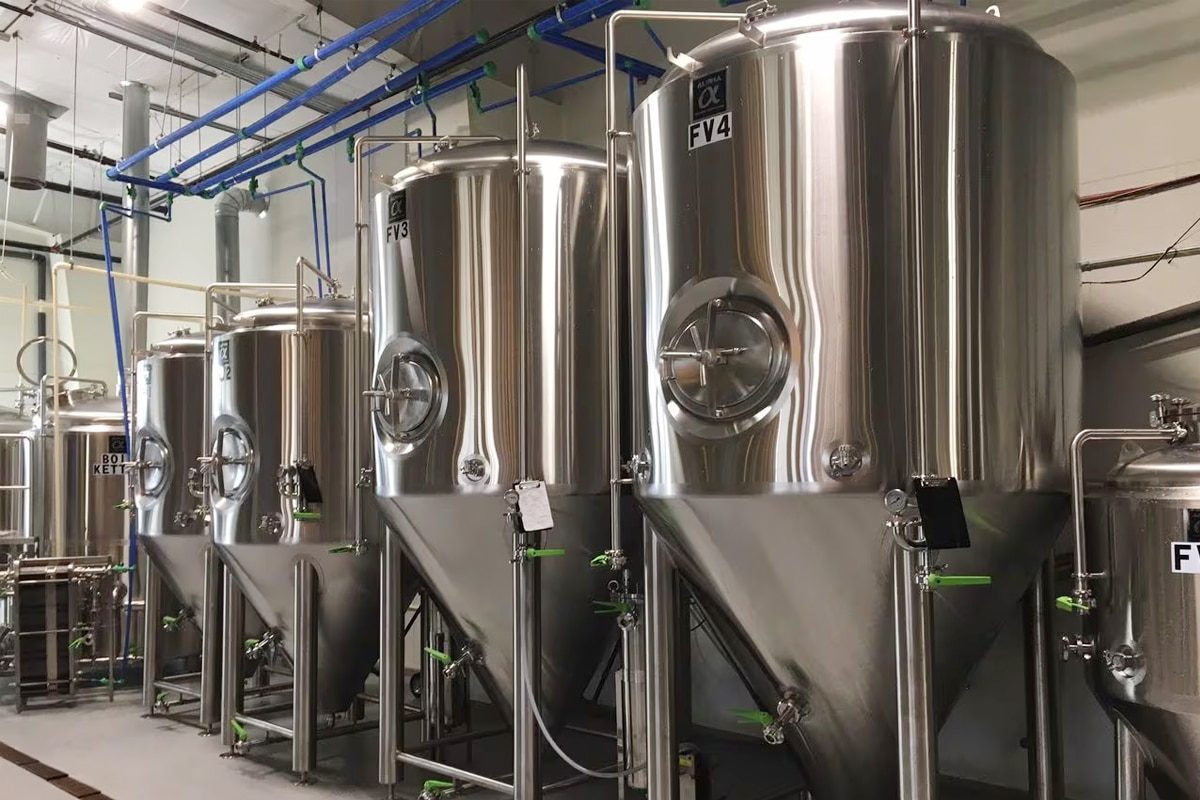
Benefits of Brewery Equipment Rental
Brewery equipment rentals offer breweries a range of benefits, including financial flexibility, access to cutting-edge technology, and the ability to adapt to changing business needs. Here are the detailed benefits of brewery equipment rental:
- Capital Savings: Leasing allows breweries to avoid large upfront investments in equipment, thereby saving money. Funds that are retained can be used for other key aspects of the brewery, such as marketing, personnel, or facility improvements.
- Financial Flexibility: Brewery equipment rentals offer financial flexibility through a variety of lease structures. Whether through an operating lease, capital lease, or other arrangement, brewers can choose terms that fit their cash flow and budget considerations.
- Cash Flow Management: Leasing allows brewers to spread the cost of equipment through manageable monthly payments, saving cash flow. This predictable fee structure facilitates budgeting and planning and prevents large immediate cash outflows.
- Access To The Latest Technology: Leasing gives brewers access to state-of-the-art brewing equipment without the financial burden of ownership. This is particularly valuable in the rapidly evolving field of brewing technology, allowing brewers to remain competitive and produce high-quality beer.
- Tax Benefits: Leasing can provide tax benefits because lease payments are generally considered operating expenses and are tax-deductible. Additionally, certain lease structures may provide brewers with the opportunity to take advantage of tax credits or deductions related to equipment depreciation.
- Flexibility And Upgradeability: Leasing provides flexibility. Brewers can upgrade to newer, more efficient equipment at the end of the lease without having to sell or dispose of outdated machinery. It allows seamless integration of newer technologies to enhance production capabilities.
- Maintenance And Support Services: Many lease agreements include maintenance and support services provided by the lessor. This ensures that rental equipment operates in optimal condition throughout the rental period, reducing downtime and minimizing the impact of unexpected maintenance costs.
- Preserve Line of Credit: Leasing equipment will not affect your existing line of credit or ability to borrow. This allows the brewery to retain credit options to meet other business needs or unexpected expenses.
- Scalability And Adaptability: Leasing provides the flexibility to scale operations up or down by adjusting rental equipment based on production needs. This is especially beneficial for new or growing breweries that require adaptable solutions to meet changing business needs.
- Risk Mitigation: Leasing helps reduce risks associated with equipment ownership, such as technology obsolescence, market fluctuations, and unexpected repair or maintenance costs. Brewers can transfer these risks to lessors, ensuring predictable costs.
- Asset Management: Leasing allows breweries to avoid the hassle of equipment disposal or resale. At the end of the lease period, brewers can return the equipment or choose to extend the lease, eliminating concerns about equipment obsolescence.
- Reduced Risk of Obsolescence: Leasing helps reduce the risk of equipment becoming obsolete. Brewers can simply return or upgrade rental equipment to adapt to changing market demands and technological advancements, rather than being stuck with outdated machinery.
- Flexible Terms And Options: Lease offers flexible terms and options, including periodic, seasonal, and master leases, allowing breweries to add or remove equipment as needed. This adaptability is valuable for breweries with different production needs and growth trajectories.
- Custom Financing Solutions: Leasing providers often offer customized financing solutions based on a brewery’s specific needs. This personalized approach allows brewers to choose terms, structures, and payment plans that fit their unique business needs.
- Easier Budgeting And Predictable Costs: With fixed lease payments, brewers can budget more efficiently and enjoy predictable costs over the life of the lease. This financial planning stability helps manage operating expenses.
- Fast Approval And Acquisition: Leasing often involves a streamlined approval process, allowing breweries to quickly obtain the necessary equipment. This is critical for breweries looking to capitalize on market opportunities or respond to unexpected changes in demand.
- Environmental Considerations: Some rental providers offer environmentally friendly equipment options. Brewers interested in sustainable practices can rent environmentally friendly brewing equipment that helps them meet social responsibility and reduce their environmental footprint.
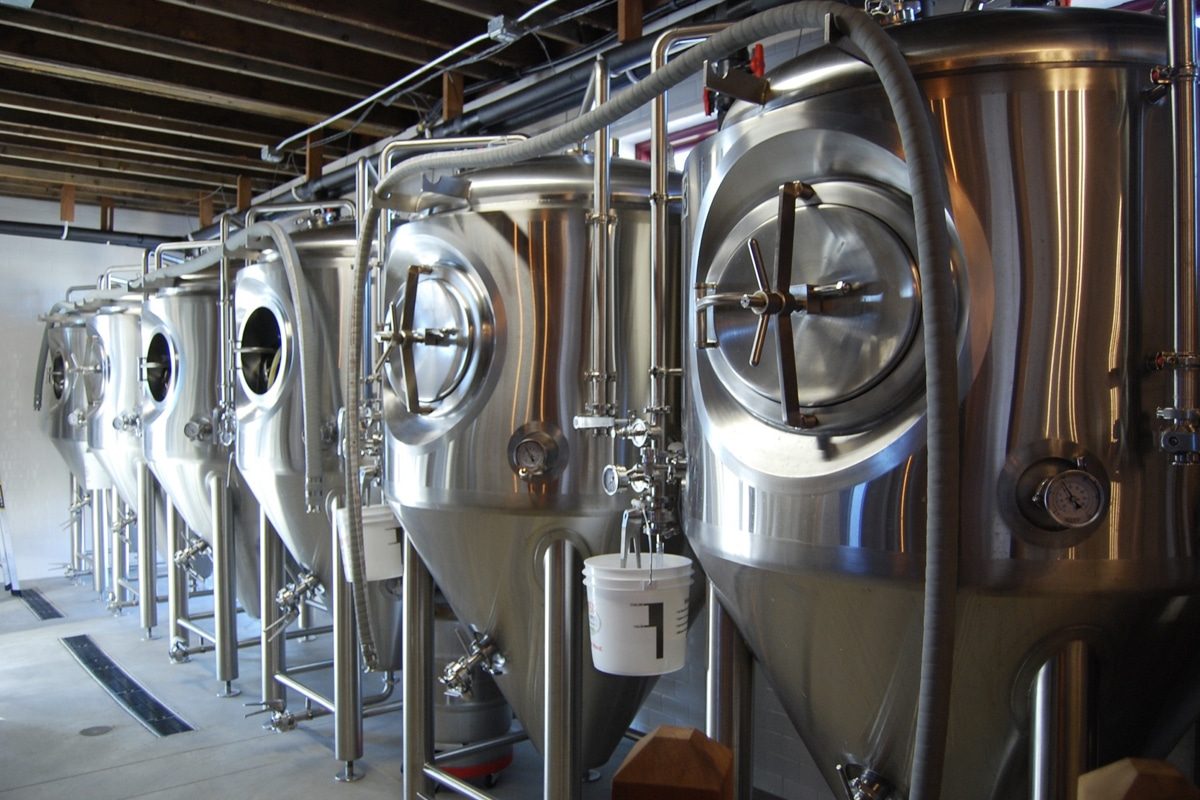
Key Considerations Before Renting Brewery Equipment
Leasing brewery equipment can be a strategic decision, but it requires careful consideration to ensure the arrangement is consistent with the brewery’s goals and financial situation. Here are detailed key considerations before signing a brewery equipment lease:
- Equipment Needs Assessment: Before leasing, assess your brewery’s specific equipment requirements. Consider the type of beer being produced, the volume of production, and any unique needs that may affect equipment selection.
- Financial Analysis: Conduct a thorough financial analysis to determine the affordability of the lease and the impact the lease will have on the brewery’s cash flow. Compare lease costs to potential return on investment (ROI) and assess the overall financial impact.
- Budget Analysis: Evaluate your budget to determine the financial feasibility of leasing. Consider not only the monthly lease payment but also associated costs such as delivery, installation, maintenance, and insurance.
- Understand The Lease Structure: Have a clear understanding of the lease structure, whether it is an operating lease, capital lease, fair market value lease, or other type. Each structure has different implications for ownership, tax treatment, and lease termination options. Evaluate the pros and cons of each structure based on your financial goals and preferences.
- Lease Payments And Costs: Calculate the total cost of your lease including monthly payments, upfront fees, and any extra fees. Compare quotes from multiple lessors to ensure competitive pricing and favorable terms.
- Lease Term And Flexibility: Determine the best lease term based on your brewery’s needs. Evaluate lease flexibility, such as options for equipment upgrades, extensions, or early termination, to accommodate potential growth or changes in production requirements.
- Lease Payments And Cash Flow: Evaluate your brewery’s cash flow to ensure lease payments are manageable and don’t strain your financial resources. Consider seasonal changes in cash flow and negotiate a payment structure that fits your business’s revenue cycle.
- Equipment Quality And Maintenance: Check the quality and condition of the equipment provided by the lessor. Clarify the scope of maintenance and support services provided by the lessor. Understand the responsibilities for equipment maintenance and repairs and whether the lessor is responsible for these costs.
- Terms And Conditions: Carefully review the terms and conditions of your lease agreement, including any penalties for early termination, late payments, or breach of contract. Ensure terms are fair and consistent with the brewery’s operational needs.
- Tax Implications And Benefits: Consult a financial advisor or accountant to understand the tax implications of leasing brewery equipment. Determine whether lease payments are tax deductible and whether there are potential tax benefits or incentives.
- Exit Strategies And Lease Termination Options: Review lease termination options such as purchase options, equipment return procedures, or the possibility of lease extensions. Make sure you know what will happen at the end of the lease and plan the best exit strategy. Choose the option that aligns with your long-term business strategy.
- Lessor Reputation And Contract Terms: Research and assess the reputation and reliability of the leasing company. Review the lease contract carefully and pay attention to terms, conditions, penalties, and any hidden fees to avoid surprises or unfavorable terms.
- Risk Assessment And Contingency Planning: Assess potential risks associated with leasing, such as equipment obsolescence or unexpected financial impacts. Develop contingency plans to mitigate these risks and safeguard brewery operations.
- Regulatory Compliance: Ensure leased equipment complies with industry regulations and standards. Non-compliance may result in legal issues or disruption to operations.
- Insurance Requirements: Check the insurance requirements specified in the lease agreement. Make sure your brewery has adequate insurance coverage for rental equipment, liability, and any other insurance obligations specified in the contract.
- Flexibility For Business Changes: Consider the flexibility of your lease arrangement to accommodate changes in brewery size, production needs, or technology preferences. Choose a lease that allows adjustments without incurring excessive penalties.
- Legal Review And Documentation: Seek legal counsel to review the lease agreement and ensure clarity, fairness, and compliance with local regulations. Understanding the legal implications of a lease can protect your brewery’s interests.
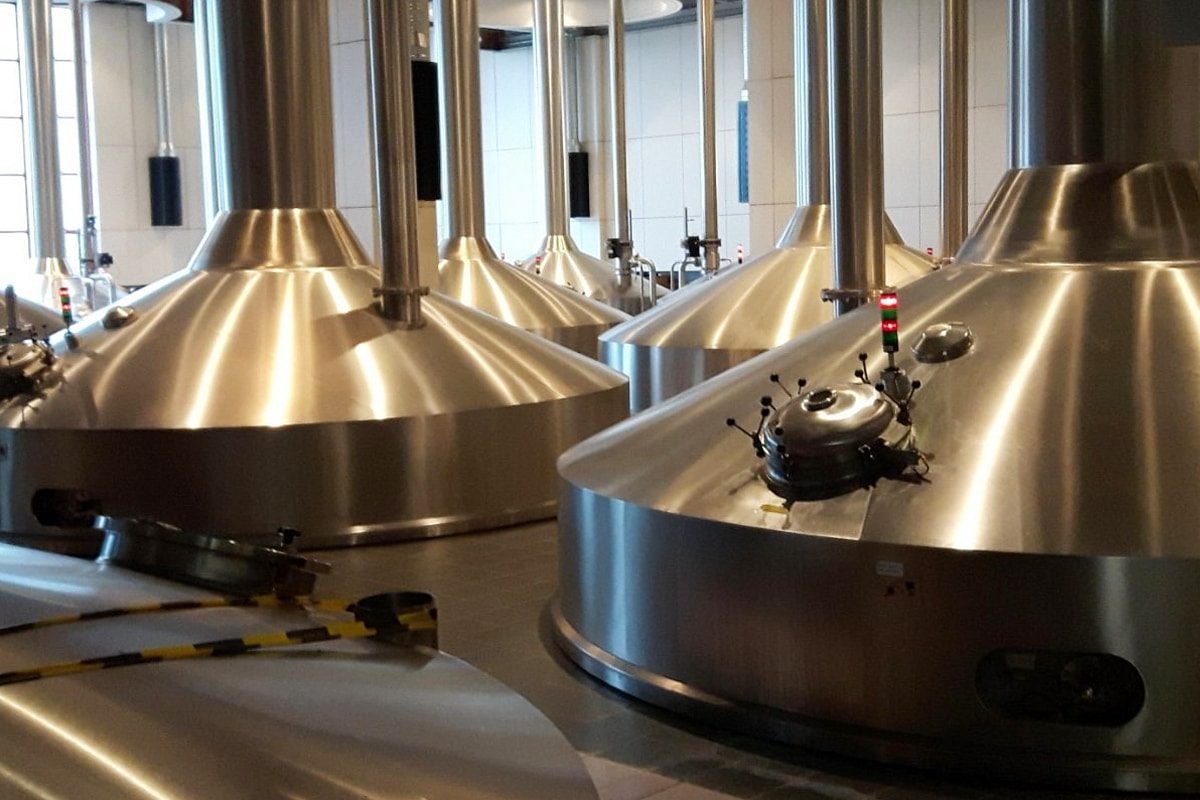
Challenges And Risks of Brewery Equipment Rental
While brewery equipment rental can bring a variety of benefits, it also comes with a set of challenges and risks that breweries should carefully consider:
Hidden Costs
- Challenge: Some leases may have hidden costs, such as maintenance fees, insurance premiums, or early termination penalties. These costs can significantly impact the overall cost of leasing.
- Risk Mitigation: Thoroughly review the lease agreement and seek transparency from the lessor regarding any additional fees. Clearly understand all terms and conditions before signing.
Equipment is Old
- Challenge: Rapid advances in brewing technology can cause equipment to become obsolete during the lease period, potentially limiting a brewery’s competitiveness.
- Risk Mitigation: Include provisions for equipment upgrades in lease agreements or consider shortening lease terms to accommodate technology cycles.
Credit Risk
- Challenge: If a brewery faces financial difficulties, it may struggle to pay rent, resulting in credit risk and potential legal consequences.
- Risk Mitigation: Conduct a thorough financial analysis before signing a lease. Negotiate flexible payment options and consider using collateral to secure the lease.
Dependence on Lessor
- Challenge: Breweries increasingly rely on lessors for equipment maintenance and support. Inconsistent or inadequate support can disrupt operations.
- Reduce risk: Prioritize lessors with a proven track record of maintenance services. Clearly state maintenance expectations in your lease agreement.
Market Fluctuations
- Challenge: Economic fluctuations or unforeseen market conditions can impact lease costs and can put pressure on a brewery’s financial stability.
- Risk Mitigation: Consider a fixed-rate lease to mitigate the impact of interest rate fluctuations. Monitor market conditions regularly and renegotiate terms if necessary.
Lease Termination Penalties
- Challenge: Some leases can impose substantial penalties for early termination, limiting a brewery’s flexibility to respond to changing circumstances.
- Risk Mitigation: Clearly understand and negotiate termination terms before signing a lease, and consider leases with more flexible termination options.
Legal And Regulatory Compliance
- Challenge: Failure to comply with legal and regulatory requirements can result in legal disputes, fines, or disruption to brewery operations.
- Risk Mitigation: Engage legal counsel to review lease agreements and ensure compliance with local and industry regulations. Stay informed about legal changes that may affect tenancies.
Asset Disposal
- Challenges: Disposing of leased equipment at the end of the lease can be challenging. Determining fair market value and coordinating equipment returns or purchases requires careful planning.
- Risk Mitigation: Clearly define lease termination options in the agreement and negotiate terms for equipment return, purchase, or lease extension in advance.
Unforeseen Market Changes
- Challenge: Changes in the beer industry, such as changes in consumer preferences or regulatory changes, may impact a brewery’s production needs and reduce the efficiency of rental equipment.
- Risk Mitigation: Flexible leasing options allow equipment to be adjusted or upgraded based on changing market needs.
Poorly Structured Lease Agreement
- Challenge: An incomplete or poorly structured lease agreement can lead to misunderstandings, disputes, and legal disputes.
- Risk Mitigation: Invest the time in drafting a comprehensive, clear lease agreement. Seek legal counsel to ensure all terms are clear and fair.
Addressing these challenges requires thorough assessment, strategic planning, and a clear understanding of lease terms and potential risks. Mitigating these risks requires active communication with lessors, due diligence, and contingency plans to deal with unexpected challenges.
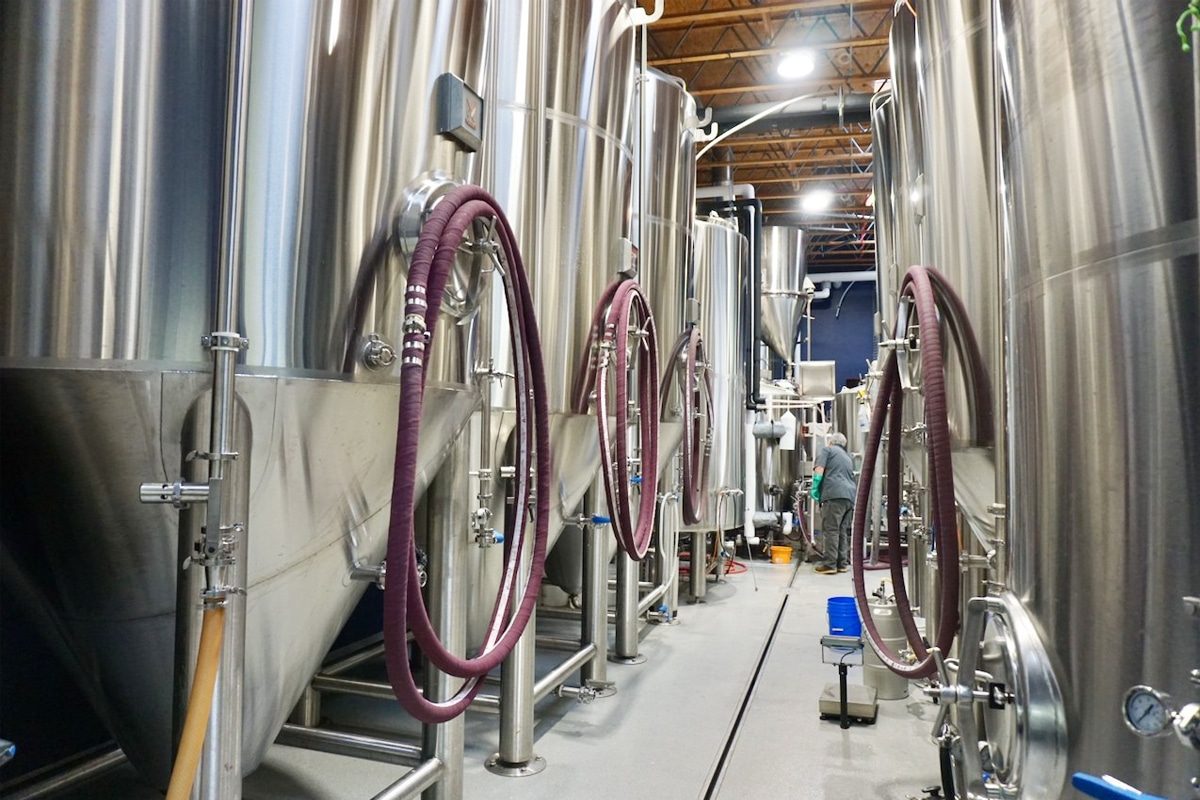
Future Trends in Brewery Equipment Rental
As the beer industry evolves, future trends in brewery equipment rentals are expected to impact the way breweries acquire and use equipment. Here’s a closer look at these trends:
- Adaptive Lease Contracts: More dynamic lease contracts may emerge, allowing for real-time adjustments based on usage patterns, market demand, or technological advancements. These contracts will allow breweries to remain agile and respond to change.
- Subscription-Based Models: Similar to the rise of software-as-a-service (SaaS) models, breweries may explore subscription-based equipment leasing. This model can include regular equipment upgrades, maintenance, and support services, providing breweries with cutting-edge technology without requiring large upfront investments.
- Smart Connected Devices: The integration of smart connected devices is expected to increase. Breweries may prefer to lease equipment with built-in sensors and connectivity for real-time monitoring, data collection, and predictive maintenance. This trend aligns with the broader industry shift towards Industry 4.0 and smart manufacturing.
- Customized And Modular Equipment Rentals: Breweries will be looking for more customizable and modular equipment rental arrangements. Lessors may offer modular brewing units that can be customized for specific brewing styles or adapted for experimental batches.
- Sustainability And Eco-Friendly Equipment: The growing focus on sustainability will drive the adoption of eco-friendly brewing equipment. Rental trends will favor equipment that reduces water consumption, minimizes energy use and focuses on waste reduction and recycling capabilities.
- Predictive Analytics For Equipment Performance: Leasing arrangements may increasingly incorporate predictive analytics. By leveraging machine learning and data analytics, lessors can provide breweries with insights into equipment performance, helping predict potential issues and optimize maintenance plans.
- Remote Monitoring And Management: Remote monitoring and management tools are likely to become standard features of rental brewery equipment. Brewers can monitor and control equipment remotely, enabling proactive management, troubleshooting, and reducing downtime.
- Regulatory Compliance Integration: Rental equipment may be equipped with features that facilitate regulatory compliance. This may involve built-in sensors or software solutions that help breweries comply with quality control, safety, and reporting requirements.
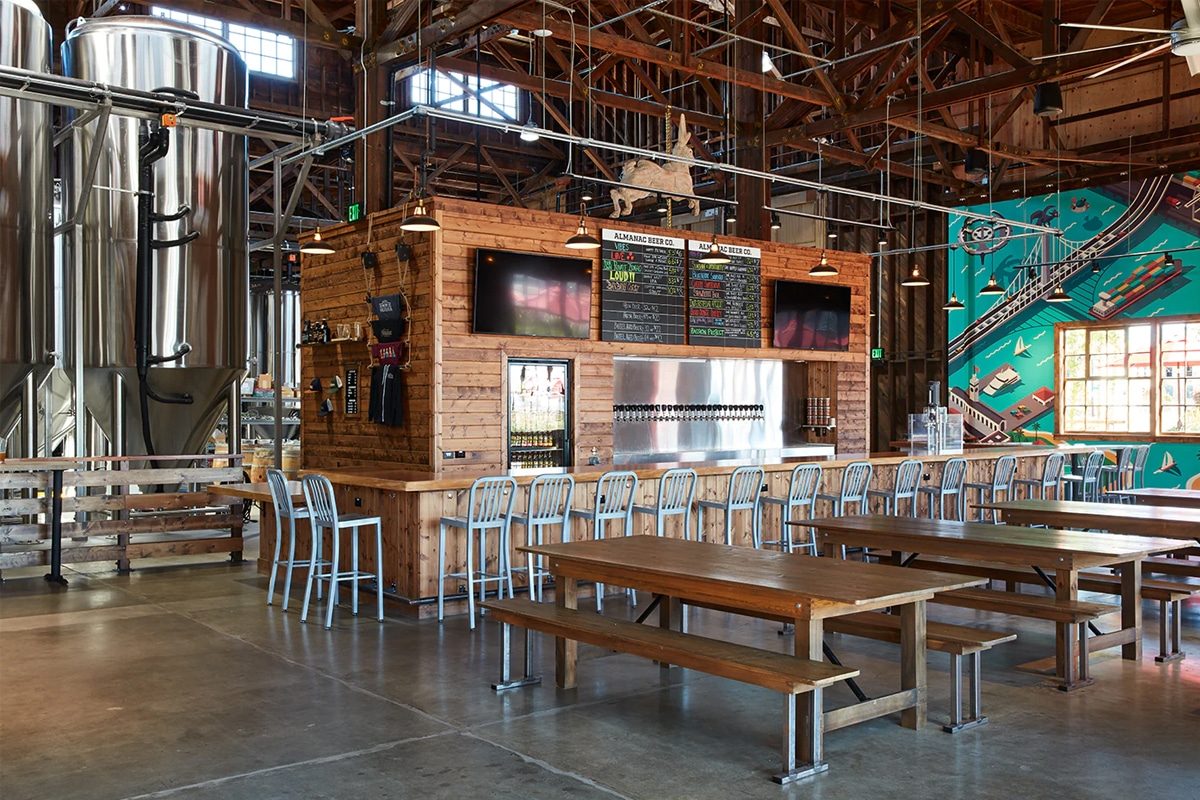
Summarize
Brewery equipment rental is a strategic solution that is revolutionizing the beer industry, providing breweries with flexibility, cost-effectiveness, and scalability. This innovative approach gives brewers access to best-in-class equipment without the burden of initial investment, giving brewers the freedom to experiment, grow, and thrive in a dynamic market. The supplier takes care of logistics, delivery, and set-up, streamlining the process for the brewery. Maintenance and support services ensure the equipment is operating in optimal condition and at the end of the lease period, the brewer returns the equipment in accordance with specified guidelines. The scalability and flexibility of brewery equipment rentals allow breweries to adjust operations based on demand, making it a strategic and adaptable solution for breweries of all sizes. Essentially, brewery equipment rentals simplify access to essential tools, allowing breweries to focus on their craft without the constraints of ownership.
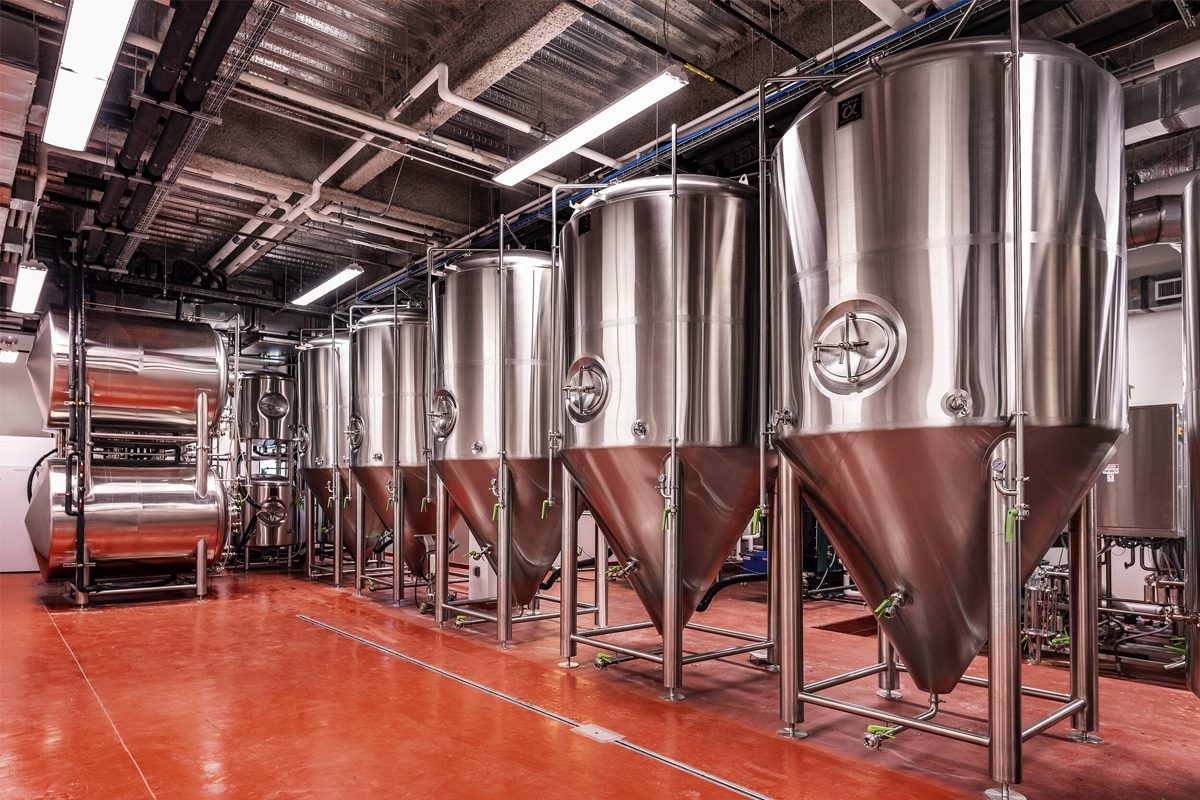
Complete Turnkey Solution
At ZYB Craft, we offer more than just high-quality brewery equipment. We know there’s more to a successful brewing business than just hardware. That’s why we offer our customers a complete turnkey solution, guiding them from the initial brewing consultation to the successful completion of their first batch of beer. Our commitment goes beyond renting equipment to providing our customers with the knowledge, support, and resources they need for a successful brewing experience. Ask us and let’s embark on a brewing adventure that goes beyond just renting, a journey from concept to finished first batch of perfectly brewed beer.

